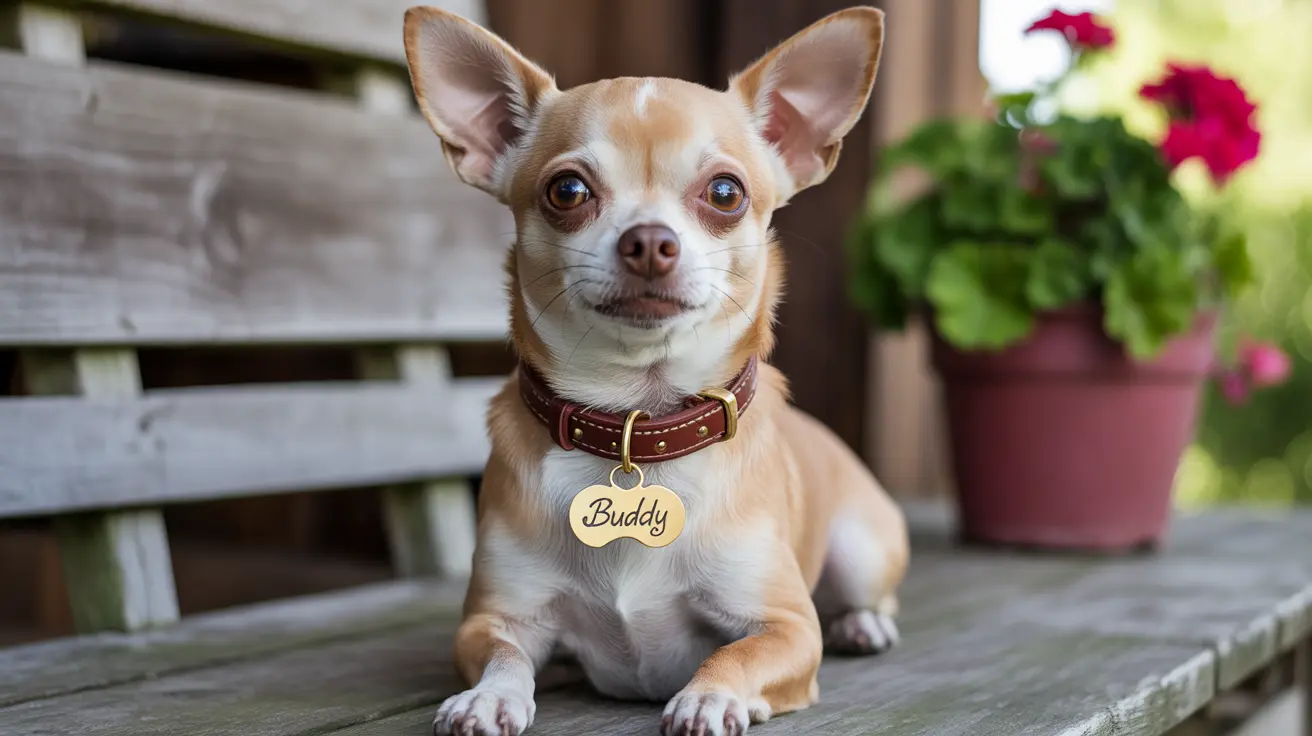When it comes to naming our four-legged friends, certain stereotypical dog names have stood the test of time while others emerge from contemporary culture. From traditional favorites like Max and Bella to trending choices inspired by pop culture, these names reflect both our society's values and the special bond we share with our canine companions.
Let's explore the fascinating world of stereotypical dog names, examining why certain names become classics, how modern trends influence our choices, and what makes some names endure through generations of pet ownership.
Classic Stereotypical Dog Names That Never Go Out of Style
Traditional dog names like Buddy, Rex, and Spot have become deeply embedded in our cultural consciousness. These time-tested choices often reflect desirable qualities we associate with dogs – loyalty, strength, and playfulness. Names like Max and Duke continue to rank among the most popular choices, suggesting that classic stereotypical names still resonate with modern pet owners.
Interestingly, some historically popular names like Fido and Rover, while widely recognized as "dog names," are rarely used today. These names serve as cultural touchstones rather than practical choices for contemporary pet parents.
Modern Trends Shaping Dog Names in 2025
Today's most popular dog names reflect current cultural influences and changing social values. Names like Luna, Charlie, and Cooper consistently top modern popularity charts. Pop culture has a significant impact, with names inspired by movies, TV shows, and celebrities seeing dramatic increases in popularity.
Recent data shows that names like Bluey (from the popular children's show) and sport-inspired names like Kelce have seen significant upticks in usage. Even brand names and food-inspired choices like Pringles and Maple are gaining traction among creative pet owners.
The Impact of Breed and Personality on Name Selection
Different dog breeds often inspire different naming conventions. Larger breeds frequently receive strong, commanding names like Zeus or Thor, while smaller breeds might be given cute, diminutive names like Tiny or Pip. Working breeds often carry dignified names like Duke or Hunter, reflecting their traditional roles.
Personality also plays a crucial role in name selection. An energetic puppy might earn the name Rocket or Ziggy, while a more laid-back dog might be called Mellow or Zen. This practice of matching names to temperament helps create meaningful connections between pets and their names.
How Cultural Shifts Influence Dog Naming Trends
Modern dog naming practices increasingly reflect our society's diversity and values. Names from various cultures, languages, and traditions are becoming more common, demonstrating the growing multiculturalism of pet ownership. Additionally, the trend of giving dogs human names continues to rise, reflecting the elevated status of pets as family members.
Social media and digital culture also influence naming trends, with some owners choosing names that will stand out on Instagram or TikTok. This has led to an increase in unique or quirky names that might not have been considered traditional dog names in the past.
Frequently Asked Questions
What are the most common stereotypical dog names and why are they so popular?
The most common stereotypical dog names include Max, Bella, Luna, Charlie, and Buddy. These names remain popular due to their easy pronunciation, universal appeal, and positive associations. They often reflect qualities we admire in dogs, such as friendliness and loyalty.
How does pop culture influence the choice of stereotypical dog names today?
Pop culture significantly influences dog naming trends through movies, TV shows, sports, and celebrity culture. Names like Bluey, Wednesday, and Taylor have seen increases in popularity following successful shows or celebrity moments. This influence demonstrates how contemporary media shapes our naming preferences.
Are certain stereotypical dog names linked to higher shelter adoption rates?
Yes, studies show that certain names can influence adoption rates. Dogs with friendly, approachable names like Penny, Bailey, and Dexter typically have higher adoption rates. Shelters often strategically name dogs to improve their chances of finding forever homes.
How do breed and personality affect the choice of stereotypical dog names?
Breed characteristics and personality traits often guide name selection. Larger breeds might receive strong names like Thor or Rex, while smaller breeds might get names like Tiny or Cookie. Additionally, active dogs might be named Rocket or Dash, while calmer dogs might be called Luna or Bear.
What are some tips for choosing a stereotypical dog name that's easy for dogs to recognize?
Choose names with one or two syllables that end in a vowel sound, as these are easier for dogs to recognize. Avoid names that sound similar to common commands (like "Kit" which sounds like "Sit"). Consider names that are easy to call out in public and that you'll be comfortable using for years to come.






